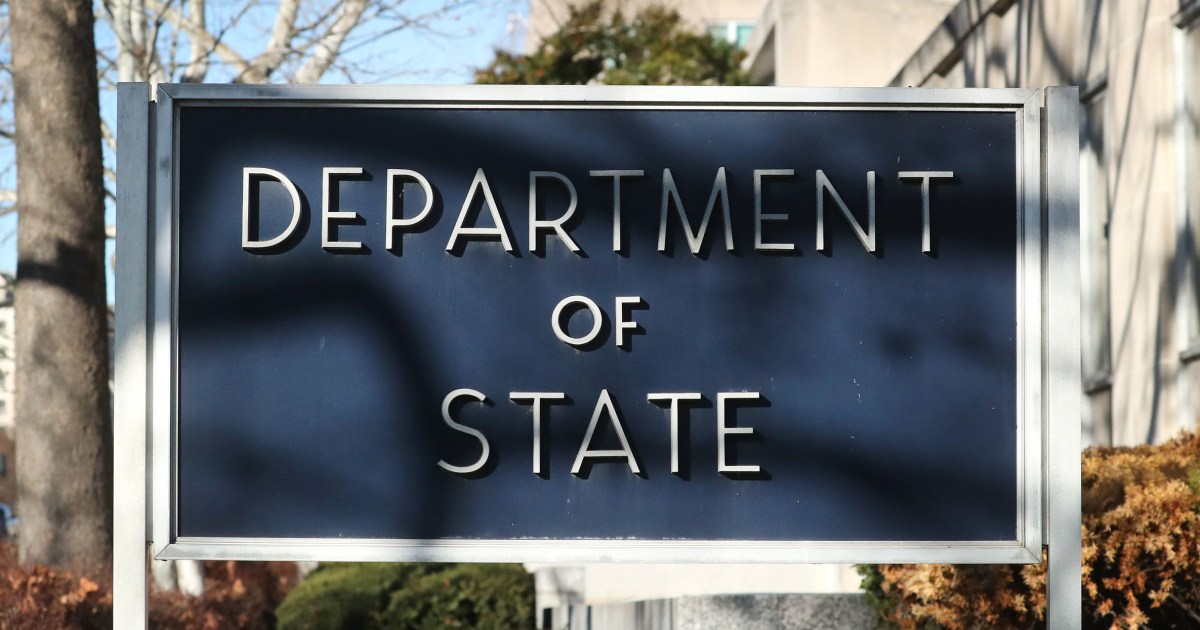New Visa Restrictions Impacting International Students
On Tuesday, the Trump administration implemented a significant change in the visa application process for international students. The State Department announced it would no longer schedule new interviews for individuals seeking student visas to study in the United States. This directive, shared through an internal cable seen by NBC News, highlights the administration’s increasing scrutiny of foreign students.
Expanded Social Media Screening
The memo, signed by Secretary of State Marco Rubio, indicated that the decision aligns with an upcoming expansion of social media screening for visa applicants. While specifics on how this social media vetting will be executed remain vague, concerns about privacy and the implications for thousands of prospective students have already begun to arise. Such measures are perceived as part of a broader trend towards increasing governmental oversight of international students and their affiliations.
Impact on U.S. Diplomatic Operations
The directive has widespread implications, as it was circulated to all U.S. diplomatic and consular posts around the world. Key concerns about operational capacity were raised: “Consular sections will need to take into consideration the workload and resource requirements of each case prior to scheduling them going forward,” the cable specified. This prioritization of resources may lead to extended delays for visa applications, particularly affecting those seeking to study in the U.S. during the upcoming academic year.
Strikes Against Higher Education
This move is seen as part of a series of measures by the Trump administration that have targeted higher education in general and international students specifically. Recent actions have included cutting financial support to prestigious institutions like Harvard and taking aggressive measures, such as revoking many international student visas. These patterns signal a growing hostility toward foreign students and academics, further complicating their dream of studying in the U.S.
Higher Education Leaders Respond
Experts in the field of international education have voiced strong opposition to these stringent measures. Fanta Aw, CEO of the Association of International Educators, emphasized that international students should not be viewed as threats, noting they comprise less than 6% of total college enrollment in the U.S. Aw stated, "Today’s decision will have a significant impact on international students’ ability to arrive in the U.S. in time for their studies."
Concerns Over Future Enrollment
With the uncertainties surrounding visa applications, many universities across the country have begun warning international students about potential travel issues over the summer. This advisory suggests that students may not be able to return to their campuses as anticipated, raising fear that they might opt to pursue their education elsewhere.
Economic Implications
The ramifications of these policies extend beyond individual students, potentially affecting the financial stability of universities that rely on the tuition of foreign students. Many institutions have emphasized that international students contribute significantly to the academic and cultural vibrancy of their campuses; thus, the crackdown could have more profound financial implications for universities with substantial numbers of foreign enrollees.
Previous Measures and Ongoing Concerns
This latest move follows a series of executive orders aimed at countering perceived threats to national security. Previous directives instructed U.S. diplomats to refer certain visa applications to fraud prevention units, implementing mandatory social media checks. Such measures, framed under national security concerns, raise questions about the balance between safeguarding the nation and fostering an inclusive, diverse educational environment.
In summary, the recent cessation of new student visa appointments reflects broader trends that could reshape the landscape of international education in the United States. The implications of these policies are profound, impacting potential students, educational institutions, and the overall perception of the U.S. as a welcoming destination for higher education.


